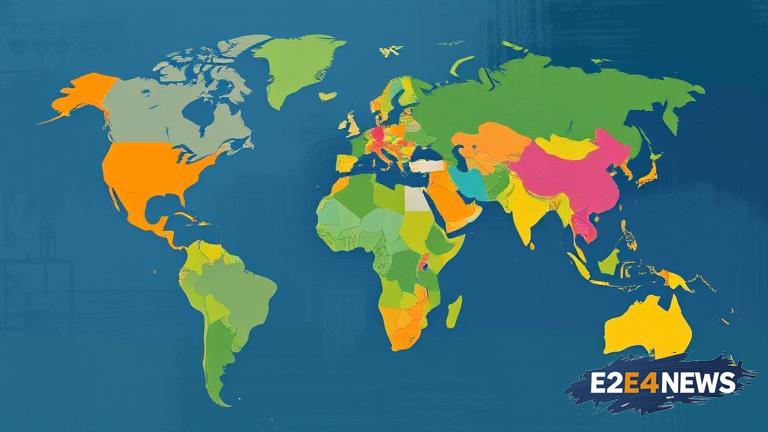The World Health Organization (WHO) has issued a stark warning to nations around the world, urging them to bolster their health systems in order to effectively respond to future pandemics and health crises. This call to action comes as the world continues to grapple with the ongoing COVID-19 pandemic, which has exposed significant weaknesses in health infrastructure globally. The WHO has emphasized that robust health systems are essential for preventing, detecting, and responding to health emergencies. A strong health system enables countries to provide comprehensive and high-quality healthcare services to their populations, reducing the risk of disease outbreaks and improving overall health outcomes. Furthermore, well-functioning health systems are critical for promoting economic growth, reducing poverty, and achieving the United Nations’ Sustainable Development Goals (SDGs). The WHO has identified several key areas that require attention, including healthcare workforce development, infrastructure upgrades, and the adoption of digital health technologies. Investing in healthcare workforce development is crucial, as it enables countries to build a skilled and resilient workforce that can respond to emerging health challenges. Upgrading healthcare infrastructure, including hospitals, clinics, and laboratories, is also vital for improving the quality and accessibility of healthcare services. The adoption of digital health technologies, such as telemedicine and electronic health records, can help to enhance the efficiency and effectiveness of healthcare delivery. In addition, the WHO is urging nations to prioritize health research and development, as well as international cooperation and collaboration. By working together, countries can share knowledge, expertise, and resources to address common health challenges and improve global health security. The WHO has also emphasized the importance of community engagement and participation in health decision-making, as this helps to ensure that health services are responsive to the needs of local populations. Moreover, the organization is calling on governments to increase funding for health systems, as this is essential for supporting the development of robust and sustainable health infrastructure. The private sector also has a critical role to play in supporting health systems development, through investments in healthcare infrastructure, technology, and workforce development. Civil society organizations and community groups can also contribute to health systems strengthening, by advocating for health policy reforms and promoting community-based health initiatives. The WHO has warned that failure to invest in health systems development will have severe consequences, including increased mortality rates, reduced economic growth, and decreased social stability. In contrast, investing in health systems development can have numerous benefits, including improved health outcomes, increased economic productivity, and enhanced social cohesion. The WHO is committed to supporting countries in their efforts to strengthen their health systems, through the provision of technical assistance, guidance, and resources. The organization is also working to promote international cooperation and collaboration on health issues, through initiatives such as the Global Health Security Agenda and the WHO’s Health Emergencies Programme. Overall, the WHO’s call to action highlights the urgent need for nations to prioritize health systems development, in order to build a safer, healthier, and more prosperous world for all. The COVID-19 pandemic has demonstrated the critical importance of robust health systems, and it is essential that countries take immediate action to address the weaknesses and gaps that have been exposed. By working together, we can build health systems that are capable of responding to emerging health challenges, and promoting the health, wellbeing, and prosperity of individuals and communities around the world. The future of global health security depends on our ability to strengthen health systems, and it is imperative that nations take bold and immediate action to address this critical challenge.





